If you’re in charge of facility maintenance, you know how quickly unexpected breakdowns can derail operations and rack up costs. No one wants to deal with unplanned downtime, emergency repairs, or expensive last-minute fixes. The good news? A solid preventive maintenance strategy can help keep your equipment in top shape while saving you a ton of money in the long run.
According to IFMA, companies that invest in preventive maintenance can slash maintenance costs by up to 40% while extending the life of their equipment. That’s a huge win. So, what’s the best way to make this happen? Let’s dive into a few smart strategies.
1. Predict Problems Before They Happen
Most businesses wait until something breaks before fixing it, but that approach is costly and inefficient. Predictive maintenance uses real-time data to spot small issues before they turn into big, expensive problems.
📌 Real-World Impact: McKinsey reports that predictive maintenance can cut machine downtime by 30%–50% and reduce maintenance costs by 10%–40%. That’s a serious game-changer.
Many facilities are moving toward recurring maintenance plans that ensure equipment is serviced on a regular basis rather than waiting for failures to happen. This not only helps prevent breakdowns but also reduces long-term repair expenses.
2. Use IoT to Work Smarter, Not Harder
Technology is transforming how facilities handle maintenance, and IoT (Internet of Things) solutions are playing a key role. Smart sensors can track equipment performance, detect anomalies, and send alerts when something needs attention—before it turns into a major issue.
📌 Proven Results: Deloitte found that businesses using IoT-driven monitoring systems saw a 20% drop in maintenance costs and improved asset reliability.
For example, HVAC systems equipped with IoT sensors can detect efficiency drops and trigger maintenance requests automatically, helping teams address issues before they affect building occupants. If you’re looking to implement smarter solutions, IoT-powered maintenance tracking can give your team real-time insights into equipment health.
3. Automate Work Orders for Faster Repairs
Ever had a maintenance request slip through the cracks? It happens. That’s why automating your work order management process is a game-changer. When work orders are streamlined, technicians can be dispatched faster, and repairs get completed without unnecessary delays.
📌 Efficiency Boost: According to Gartner, businesses that switch to automated dispatching see a 35% increase in technician productivity and a 25% drop in response times.
Instead of juggling spreadsheets and emails, maintenance teams can use automated dispatching tools that assign tasks, track job progress, and ensure nothing falls through the cracks.
4. Keep Spare Parts Stocked (Without Overpaying)
Nothing’s worse than needing a critical part and realizing it’s out of stock. Poor spare parts management can lead to frustrating delays and costly downtime. On the flip side, stocking too many parts wastes money and storage space.
📌 The Fix: Companies that use automated surplus management cut inventory costs by 20%–30% while keeping essential parts readily available (Statista).
For facilities managing multiple locations, having a centralized surplus system can prevent overordering while ensuring the right parts are always available when needed.
5. Train Your Team to Prevent (Not Just Fix) Problems
Even the best preventive maintenance plan won’t work if your team isn’t on board. Regular training helps technicians recognize early warning signs and follow best practices—so they’re preventing issues instead of just reacting to them.
📌 Why It Matters: Harvard Business Review found that businesses that invest in ongoing maintenance training see a 25% drop in equipment failures and a 15% increase in operational efficiency.
A well-trained team can maximize the benefits of preventive maintenance technology, ensuring that new tools and automation systems are used effectively rather than sitting underutilized.
Final Thoughts: Take Control of Your Maintenance Costs
At the end of the day, preventive maintenance isn’t just about keeping equipment running—it’s about saving money, reducing downtime, and running a smoother operation. The right strategies can make a huge difference.
If you’re looking for ways to cut costs and improve efficiency, explore our latest solutions and see how automation can help you stay ahead of repairs.















